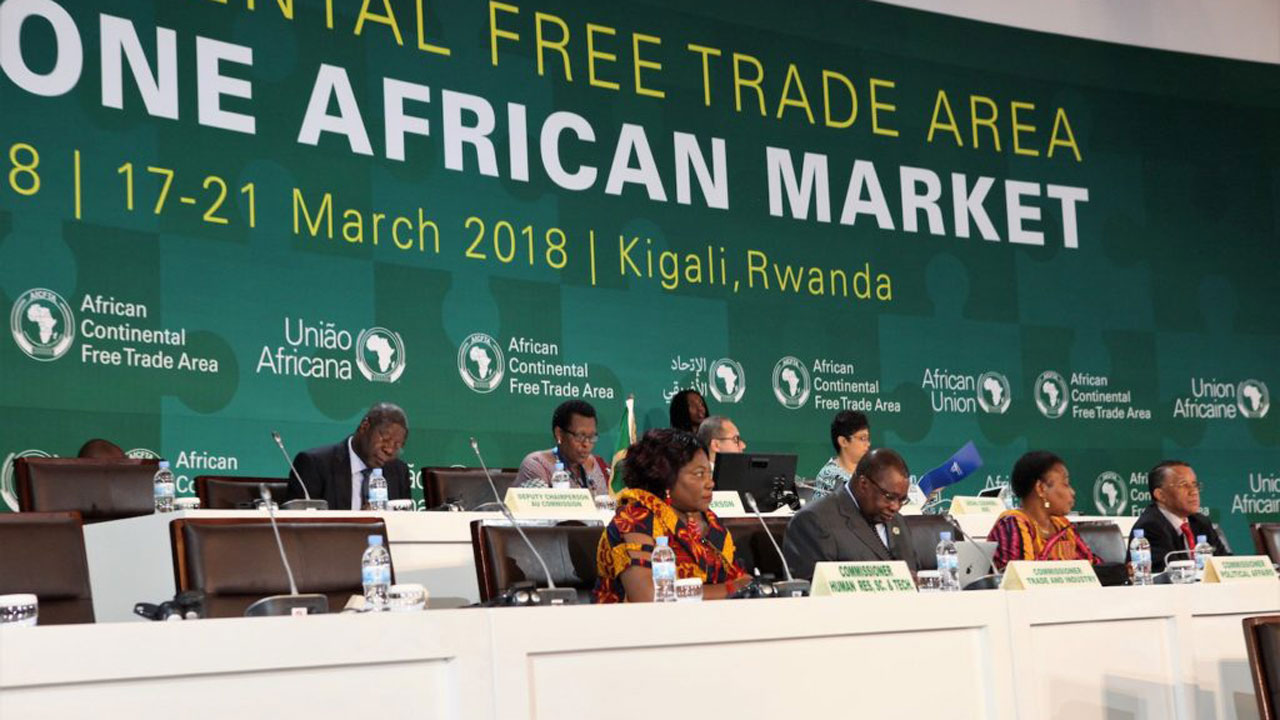
Worried that job creation in the continent is not keeping pace with the growing workforce, thus leaving many unemployed and economy less inclusive, the African Union, United Nations Industrial Development Organisation (UNIDO), and other development agencies are pushing for the implementation of African Continental Free Trade Area (AfCFTA) agreement.
According to the multilateral agencies and high-level representatives of governments, continent’s economies need to undertake a systematic structural transformation from resource-based economies to more diversified economies, specifically by increasing the shares of manufacturing and agro-related industry in national investment, output, and trade.
Indeed, the agencies noted that the AfCFTA provides a chance for African countries to move away from resource-dependence and transform into dynamically diversified economies and competitive industrial production locations.
In the outcome of the Third Industrial Development Decade for Africa (IDDA III), made available to The Guardian, UNIDO Director-General, LI Yong, said that if the full benefits of the AfCFTA are to be fully realized, industrialisation should be the central focus. He predicted that “the successful implementation of the AfCFTA will lead to an increase in demand for goods manufactured by small and medium-sized enterprises.”
Yong had explained that manufacturing has always been one of the most important drivers of economic development and structural change, especially in developing countries as a result of its multiplier effect on other sectors of the economy,“Manufacturing is an engine of growth that enhances higher levels of productivity and greater technical change, thus creating more jobs with higher wages for both women and men”, he added.
Also, the African Union Commissioner for Trade and Industry, Ambassador Albert M. Muchanga, emphasized that “the African Continental Free Trade Area and IDDAIII are complementary, and the alignment will offer win-win outcomes to Africa and the international community.”Vice President of the African Development Bank, Pierre Guislain, said that “the private sector has a critical role to play in driving Africa’s industrialization and integration”.
He added that “boosting intra-African investment was as important as boosting intra-African trade” and called on governments “to accelerate adoption and implementation of the CFTA and create truly integrated regional markets that have the scale needed for large private investments”.He indicated that industrializing Africa is one of the African Development Bank’s top five lending priorities.
Executive Secretary of the UNECA, Vera Songwe, stressed, “if the AfCFTA is to catalyze Africa’s industrialization through integrated markets then bridging infrastructure gaps and digitalizing economies across the continent is critical.”Noting that the AfCFTA and industrialisation strategies will need to exploit the full agribusiness potential of the continent, José Grazianoda Silva, Director-General of the FAO, said, “Agro-industrial development that connects family farmers, herders and fisher folks to rewarding markets can create opportunities for young people, stimulate greener practices throughout the food system, and deliver healthier and safer food to consumers.”
[ad unit=2]



